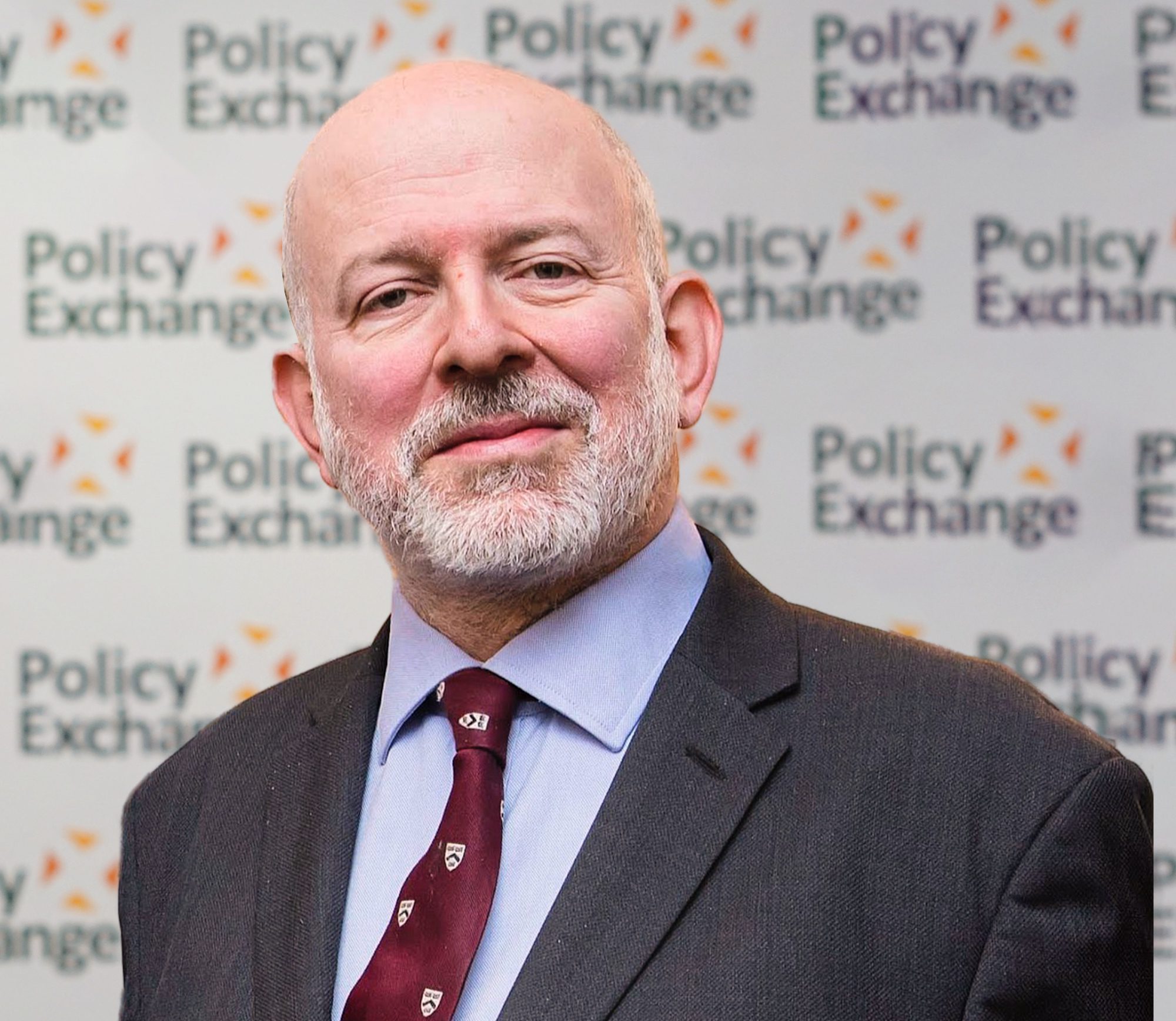Northern Ireland’s Democratic Unionist Party (DUP), founded by Ian Paisley, has long been portrayed on the mainland as bigoted and “thran”, an Ulster expression meaning cussed or stubborn.
Even Lord Mandelson, one of the more Unionist-friendly secretaries of state for Northern Ireland, has said the Tories will now depend on a sectarian grouping in one bit of the kingdom. The old canard of the Unionist dog wagging the Tory tail.
Actually, the great theocratic crustacean of the DUP has been slowly shedding its shell for many years. Far from being full of abominable “No” men, it consists mostly of cautious minimalists who have settled for the terms of the Good Friday Agreement of 1998 that they long railed against — and have sat in an executive with Sinn Fein up at Stormont for much of the past decade.
Today’s DUP is pro-Brexit, pro-counterterrorism measures and pro-Union — just like the Conservative Party. A glance at the DUP’s technocratic manifesto for the general election shows it is focused at least as much on issues such as the structure of ferry prices for travelling to and from Great Britain as on Orange marching rights.
The DUP, led by Arlene Foster, is scarcely in the vanguard of gay rights, but then nor is the Liberal Democrat leader Tim Farron. Its problem is that its leaders cannot admit to some of the DUP’s traditional voters that they are a bog-standard contemporary European centre-right grouping, rather than Ulster’s answer to the Iranian council of guardians.
Its parliamentary cadres are better integrated into Westminster life than their predecessors were during the Troubles — with MPs such as Gavin Robinson sitting on the defence select committee before the election — and their bark is less loud than Paisley’s was.
So what will the DUP ask for now? It will probably not want to go into government with the Conservatives, lest it end up like the Liberal Democrats in the 2015 election — tarred with the austerity brush and thus potentially alienating its working-class base and making them vulnerable to an Ulster Unionist Party revival in the next assembly elections.
But it could resemble something close to the Lib-Lab pact that propped up the Callaghan government in the late 1970s. Infrastructure projects would be at the heart of it: DUP wags joke about “bringing Trident to the Foyle” — which hints at their aspiration to embed more key national institutions in the province (after all, they note, the second-largest MI5 facility in the UK is already based in Co Down).
Such projects could be relatively uncontroversial, since they would conceivably benefit both communities. Placing limitations on Troubles-related lawfare against serving and former members of the security forces would be harder — but there is also a powerful mood in Great Britain to do something about this. The devil will be in the detail. And senior Tories are impressed that the DUP’s 2017 manifesto is much lighter on this than its predecessor in 2015, when the party anticipated a hung parliament.
Above all, DUP leaders are relaxed about backing the Conservatives because the alternative is the republican sympathiser Jeremy Corbyn. Even the staunchly anti-Conservative independent MP for North Down, Lady Hermon, will not vote for Corbyn as prime minister — because, as the widow of one of the RUC’s best-loved chief constables, she finds his stance on republican violence unconscionable.
Sinn Fein also inadvertently did a favour for the Tories by eliminating two SDLP MPs who would undoubtedly have voted with Labour. Sinn Fein has confirmed it will maintain its policy of staying away from the UK parliament.

